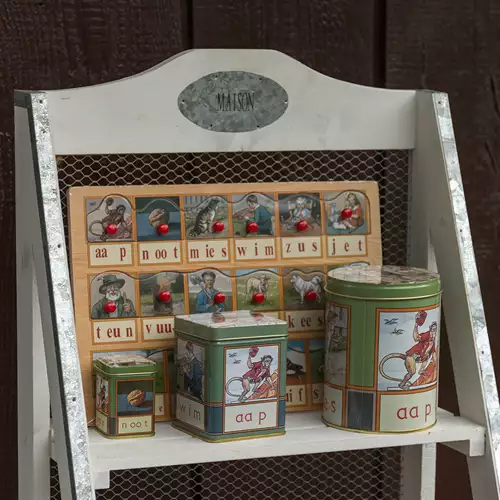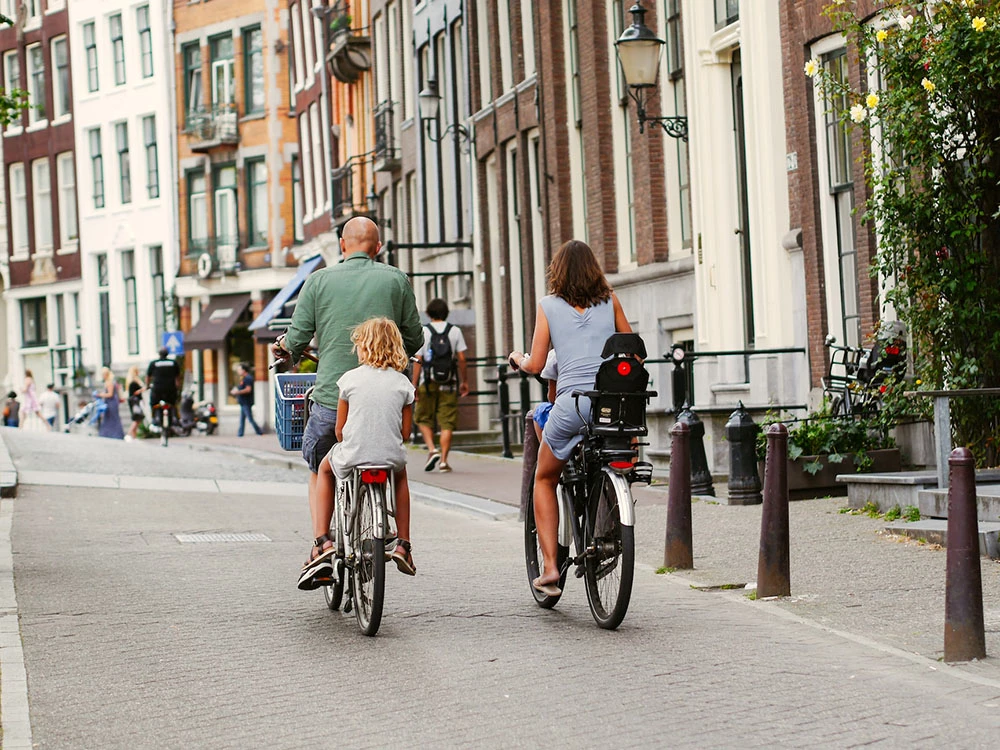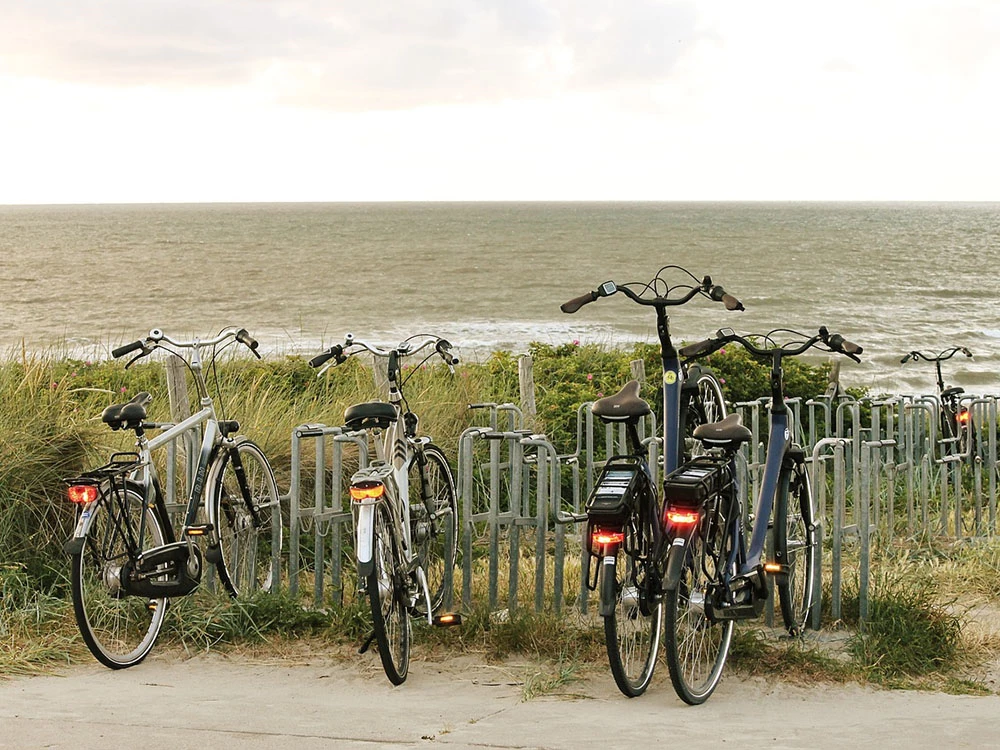An introduction to the Dutch language


If you speak English you are unlikely to need to know any Dutch on your visit to the Netherlands, as almost everyone in the country speaks English. But they will surely appreciate any attempt you make at speaking their native or mother language.
The Netherlands has two official languages, Dutch and Frisian. The second is almost solely spoken in the province of Friesland and is more closely related to English, while Dutch is more closely related to German. But it's better not to tell Dutch people that their language is similar to German, it's a sore spot. All four languages belong to the West Germanic branch of the Proto-Germanic family tree.

Because of country's colonial past, Dutch is spoken around the world in one form or another. You'll find the language in Indonesia, Suriname, the Caribbean (Aruba, Bonaire, Curacao and St. Maarten) and there is the Afrikaans language in South Africa which is closely related to Dutch. There is also the Flemish dialect in Belgium, spoken in an area of the country that used to be part of the Netherlands.
The language of the Netherlands has several distinguishable characteristics that will help you to recognise it both in written form and by ear. In writing you'll notice that there are a lot of long words in Dutch, this is because they simply stick two or more words together to make a new word. For instance, kindercarnavalsoptochtvoorbereidingswerkzaamhedenplan. Yes, this is a word though it's not in the official dictionary. It translates to preparation activities for a children's carnaval parade.
The longest word in the dictionary has 35 letters, meervoudigepersoonlijkheidsstoornis which means multiple personality disorder. Another common Dutch practice is that of diminutives. If you see a word ending in -je you've likely come across one such diminutive.
The best known characteristic of the Dutch language is perhaps the more gutteral g, which is more similar to the 'ch' in the English word loch or the German name Bach. This means that the quintessential Dutch word gezellig is hard to pronounce, while it also has no satisfactory translation into English. Other words well known for this sound and thus often mispronounced by non-native speakers include Scheveningen and the name of famous painter Van Gogh.
Due to the countries long history in global trade and colonialism there are plenty of references to the Dutch in sayings. Especially the English language is full of them, many coined after 1665 when the Netherlands and England had many disputes on both land and sea. This means that most of the sayings do not put the Dutch in a particularly favourable light.
Some of the less positive sayings and idioms include Dutch generosity (stinginess), double Dutch (gibberish) and a Dutch widow (a prostitute). Happily more recent relations between the two countries are positive, which has resulted in new and more positive idioms, such as Dutch cousins (close friends).

Here are some words and phrases to help you on your visit to the Netherlands.
| Hello | Hoi / Hallo |
| Good morning | Goedemorgen |
| Good afternoon | Goedemiddag |
| Good evening | Goedenavond |
| Goodbye | Tot ziens |
| See you later | Tot straks |
| Do you speak English? | Spreek je Engels? |
| Yes / No | Ja / Nee |
| I don't understand | Ik begrijp het niet |
| Please | Alsjeblieft |
| Thank you | Bedankt |
| Can I have the check please? | Mag ik de rekening? |